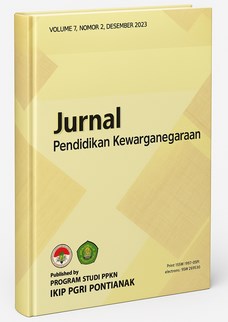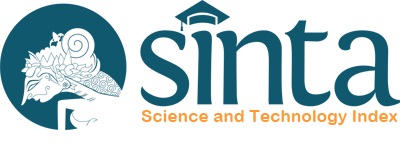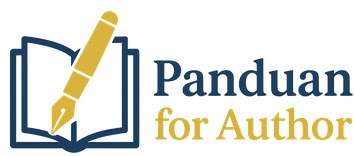Pengaruh Model Problem Based Learning Terhadap Hasil Belajar Siswa
DOI:
https://doi.org/10.31571/jpkn.v9i1.1750Keywords:
Problem Based Learning, Hasil BelajarAbstract
This study aims to obtain objective information regarding the influence of the Problem-Based Learning (PBL) model on students' learning outcomes in the Civic Education subject for Class XID at SMAN 03 Sungai Kakap. This research employs the Experimental Method with a Pre-Experimental Design, specifically the One-Group Pretest-Posttest Design. Data collection techniques include Measurement, Direct Observation, and Document Study. The data collection instruments used consist of a learning outcome test designed to measure students' comprehension ability in Civic Education, as well as Observation Sheets and Documentation. The study population consists of 30 students from Class XID, comprising 16 female students and 14 male students. Data analysis was conducted using mean calculations, paired t-test, and t-test analysis. The results of this study, based on t-test calculations at a significance level of α = 0.005, show that t_calculated > t_table (11.408 > 1.699). Therefore, Ho is rejected and Ha is accepted, indicating that the Problem-Based Learning model has a significant effect on students' learning outcomes.
Downloads
References
Arends, R. I. (2013). Belajar untuk Mengajar Edisi 9 Buku 2. Jakarta Selatan: Salemba Humanika.
Depdiknas. (2003). Undang-undang RI No.20 tahun 2003 tentang Sistem Pendidikan Nasional.
Janah, M. C., Widodo, A. T., & Kasmui, K. (2018). Pengaruh model problem based learning terhadap hasil belajar dan keterampilan proses sains. Jurnal inovasi pendidikan kimia, 12(1).
Nurwulandari dan Darwin. (2020). “ Metode penelitian pendekatan kuantitatif”. CV. Media Sains Indonesia.
Mardalis. (2015). Metode Penelitian Suatu Pendekatan Proposal. Jakarta: Bumi Aksara.
Rohani, R., & Farlina, R. (2016). Penerapan Model Problem Based Learning untuk meningkatkan Kemampuan Kognitif Siswa Mata Pelajaran Pendidikan Kewarganegaraan. Edukasi: Jurnal Pendidikan, 14(2), 330-340.
Sugiyono. (2014). Metode Penelitian Pendidikan Pendekatan Kuantitatif, Kualitatif, dan R&D. Bandung: Alfabeta.
Sugiyono. (2020). MetodePenelitianKuantitatif, Kualitatif, dan R&D. Bandung: Alphabet.
Sudarman. (2007). Problem Based Learning : Suatu Model Pembelajaran untuk Mengembangkan Kemampuan Memecahkan Masalah, Jurnal Pendidikan Inovatif Vol. 2, No. 2.
Suriansyah, Ahmad (2011) Landasan Pendidikan. COMDES, Banjarmasin
Uno, H. B. (2015). Model Pembelajaran: Menciptakan Proses Belajar Mengajar yang Kreatif dan Efektif menciptakan proses belajar menyenangkan. Bumi Aksara.
Wynn, C.T., Mosholder, R.S., Larsen, C.A. Measuring the Effects of Problem Based Learning on the Development of Postformal Thiking Skills and Engagement of First-Year Learning Community Students, Learning Communities Research and Practice, Vol. 2 (2) Article 4, November 2014.
Downloads
Published
How to Cite
Issue
Section
License
Copyright (c) 2023 Rohani Rohani

This work is licensed under a Creative Commons Attribution-NonCommercial-ShareAlike 4.0 International License.
Authors who publish with this journal agree to the following terms:
Authors retain copyright and grant the journal right of first publication with the work simultaneously licensed under a Creative Commons Attribution License (CC BY-NC-SA 4.0) that allows others to share the work with an acknowledgment of the work's authorship and initial publication in this journal.
Authors are able to enter into separate, additional contractual arrangements for the non-exclusive distribution of the journal's published version of the work (e.g., post it to an institutional repository or publish it in a book), with an acknowledgment of its initial publication in this journal.
Authors should sign the copyright transfer agreement when they have approved the final proofs sent by Jurnal Pendidikan Kewarganegaraan prior to the publication.
-
Abstract0
-
pdf0

 Download: 0
Download: 0















